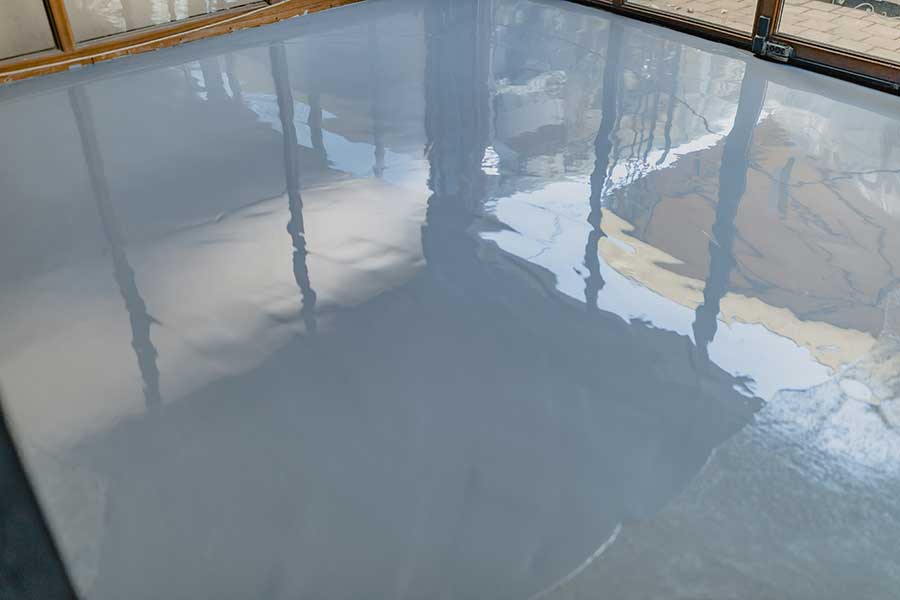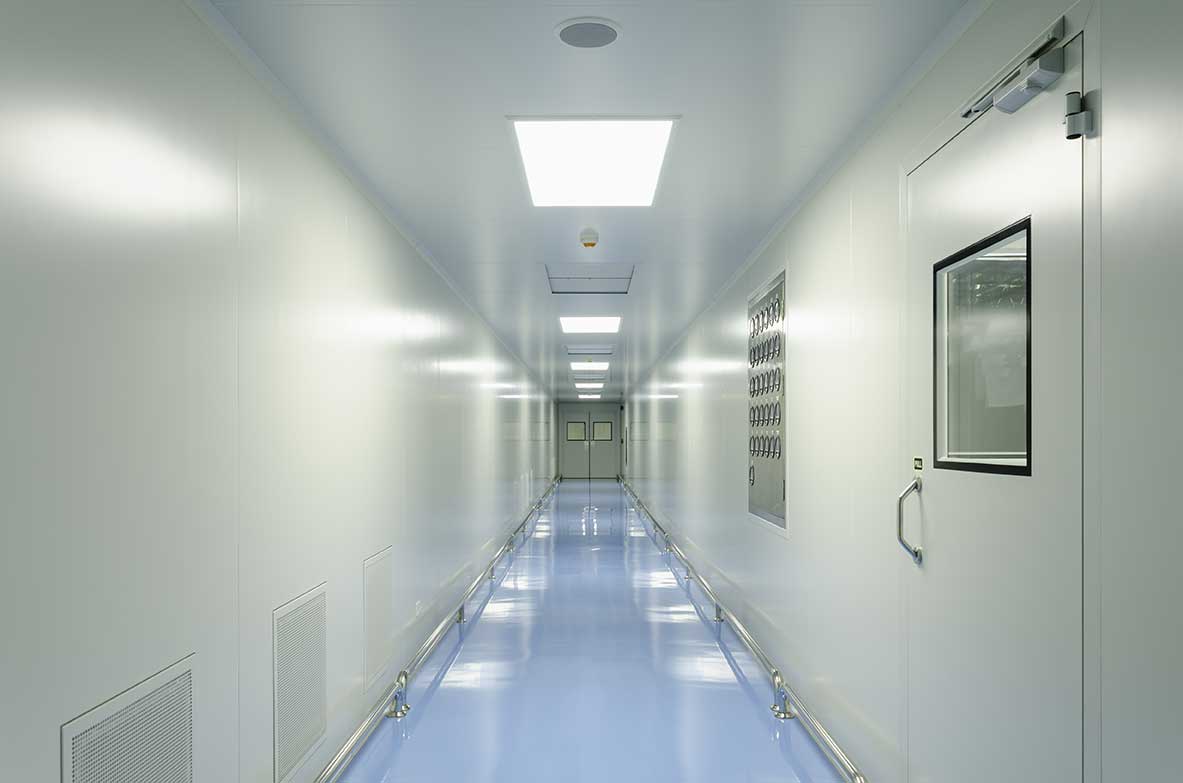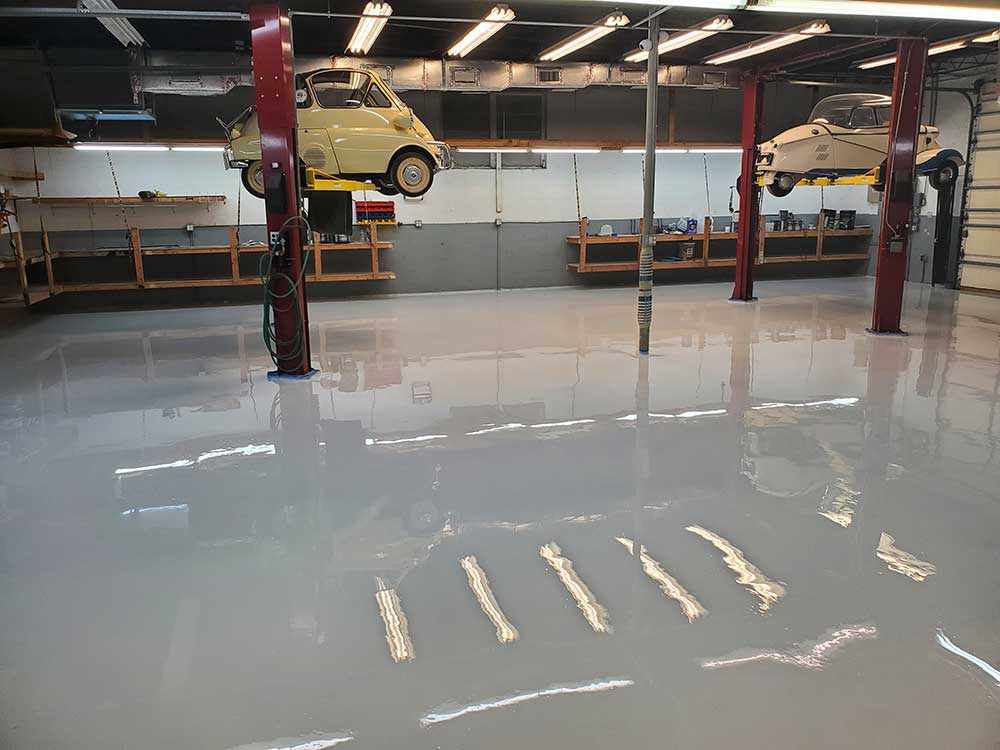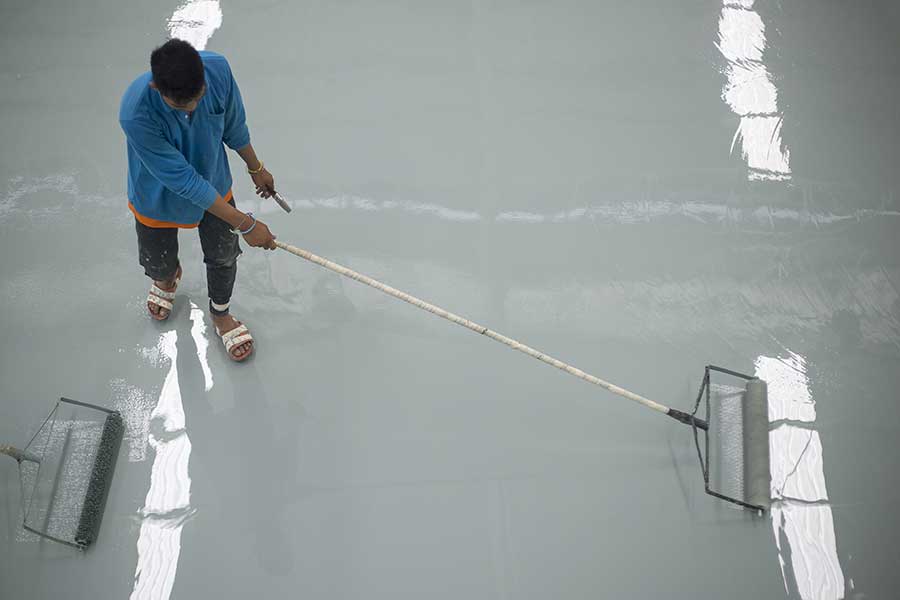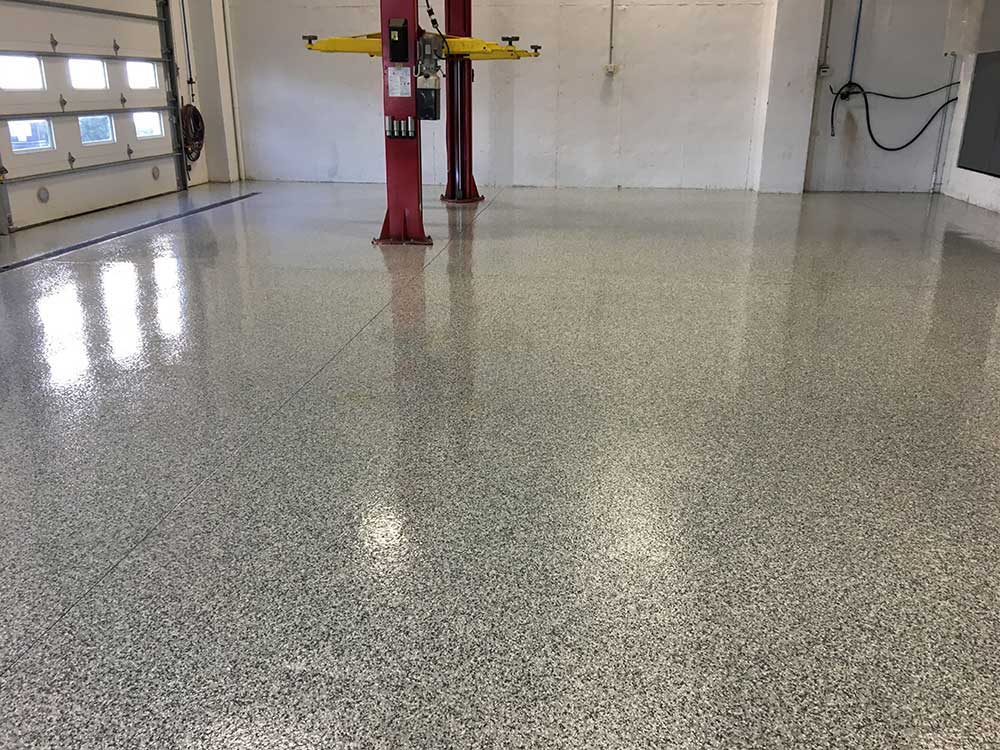benefits of epoxy flooring
Concrete floors must be acid washed before epoxy can be applied. Acid washing costs anywhere from $25 to $250 and is used to give epoxy a better grip. Although some companies offer free estimates, this may not be possible for all households. Before applying epoxy garage floors, you should consider the extra cost of resurfacing concrete. Repairing a garage 500 square feet can cost anywhere from $1500 to $5,000.
Epoxy flooring has many advantages over other types of flooring. The flooring is long-lasting and comes in a variety color options. The floor can be purchased in classic black or white as well as sleek metallic silver and piano black. You can also customize your floor to suit your needs. You can also clean it easily. It is easy to fix scratches and cracks.
Once the floor is laid it is time for you to prepare your walls. Either paint them or apply a nonskid coat. You can also add flakes or stones to the surface. You'll need a paintbrush, a trowel and a roller to begin the project. A trowel, paintbrush, and roller are all you'll need. You also will need some cleaning supplies. Be sure to remove any dirt and other contaminants from the surface.
